The strike, which targeted residential areas, resulted in significant casualties, including 26 people killed, among them 15 children. The ongoing conflict has seen intense fighting and international calls for a ceasefire, as Israel and Hamas grapple with the devastating consequences of the war.
Israel carried out devastating air strikes on Gaza Thursday while expressing readiness to resume stalled negotiations on a truce and hostage release deal with Hamas. This escalation marks a significant development in the conflict that has raged since October 7.
The Gaza Strip's civil defense agency reported that two pre-dawn air strikes killed 26 people, including 15 children, in Gaza City. Agency spokesman Mahmud Bassal confirmed that one strike hit a family home in the Al-Daraj area, killing 16 people, while another strike killed 10 people in a mosque compound. The Israeli military has not yet commented on these strikes.
Intense street battles erupted in Gaza's Jabalia and Rafah, with Hamas and its ally Islamic Jihad launching mortar attacks on Israeli troops. This violence has intensified international calls for a ceasefire. On Wednesday, three European countries announced they would recognize a Palestinian state, adding pressure on Israeli Prime Minister Benjamin Netanyahu.
Earlier this week, the International Criminal Court's prosecutor sought arrest warrants for Netanyahu, his defense minister, and three Hamas leaders on war crimes charges. Israel vehemently opposed these moves, describing the ICC's actions as "disgusting" and condemning the recognition of Palestinian statehood as a "reward for terrorism." Senior foreign ministry official Jacob Blitstein warned envoys from Ireland, Norway, and Spain of "serious consequences" for their relations with Israel if they proceed with recognizing the Palestinian state next week.
Domestically, Netanyahu faces mounting pressure as supporters of hostages trapped in Gaza rallied outside his office, demanding a deal to secure their release. A newly released video showed five female Israeli soldiers in Hamas custody, highlighting the brutal treatment they endured.
Netanyahu has vowed to continue the fight against Hamas, stating that such atrocities must never be repeated. However, his office confirmed that the war cabinet has directed Israeli negotiators to continue efforts to secure the hostages' release.
The previous round of truce talks, mediated by the US, Egypt, and Qatar, ended after Israel launched an assault on Rafah, Gaza's southernmost city. Despite global opposition, including from the US, Israel proceeded with the attack. Mass evacuations from Rafah have been ordered, with the UN reporting that over 800,000 people have fled.
Armed forces spokesman Daniel Hagari stated that Israel's operations in Rafah are "careful and precise." US National Security Advisor Jake Sullivan noted that the Rafah operation has been more targeted than feared but stopped short of confirming that all US concerns have been addressed.
In a bleak assessment, Israeli official Tzachi Hanegbi told parliament's foreign affairs and defense committee that Israel has not achieved its strategic goals: securing conditions for a hostage deal, toppling Hamas, or allowing safe returns for Gaza periphery residents.
The conflict, which began after Hamas's October 7 attack, has resulted in over 1,170 Israeli deaths, mostly civilians. Hamas has taken 252 hostages, with 124 still in Gaza, including 37 who the Israeli army says are dead. Israel's retaliatory offensive has killed at least 35,800 people in Gaza, mostly women and children, according to the Hamas-run health ministry.
Heavy fighting continues in Gaza, with Israeli troops dismantling tunnel shafts and launchers and eliminating terrorists in Rafah. Urban combat persists in northern Gaza, including Jabalia, where explosions and gunfire dominate.
Dr. Mohammad Saleh, acting director of Al-Awda hospital in northern Gaza, reported that the facility is under siege, with continuous gunfire and shelling. Senior Hamas commander Diaa al-Din al-Sharafa was killed by an Israeli air strike in central Gaza, marking a rare admission of a high-ranking casualty by Hamas.
Israel's siege on Gaza has severely restricted access to clean water, food, medicines, and fuel. Aid deliveries have slowed further due to the closure of the Rafah border crossing with Egypt. UNRWA chief Philippe Lazzarini criticized Israel for prioritizing private commercial goods over humanitarian aid, noting that most Gazans cannot afford market prices after seven months of war.
END/V7N/SMA/DK/



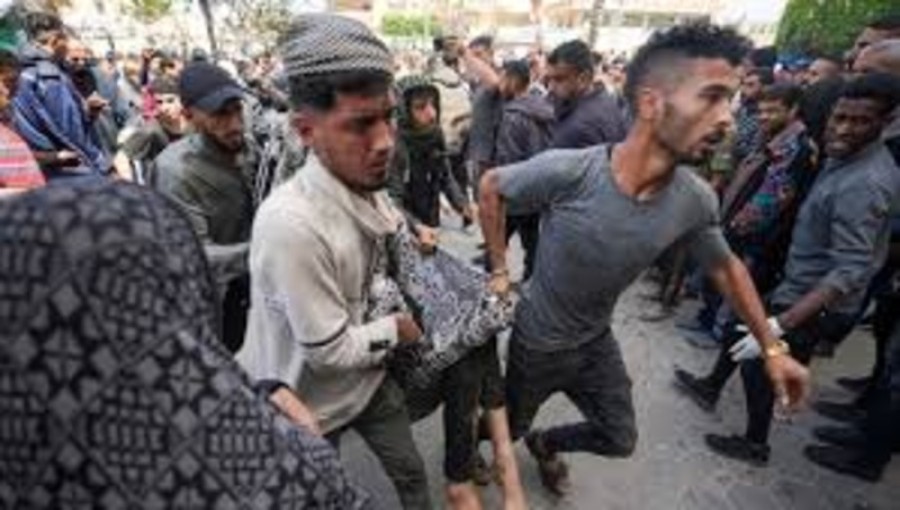
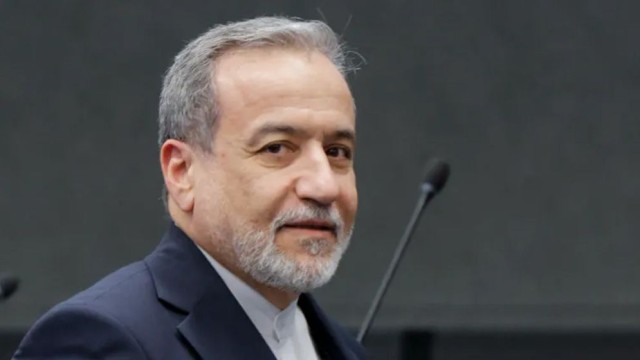
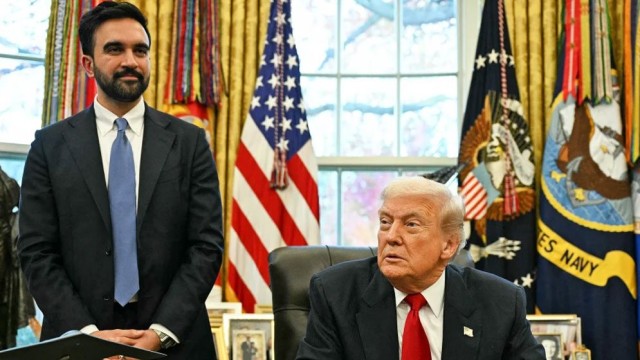
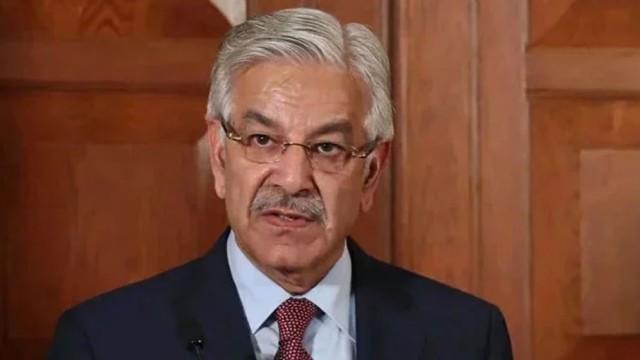
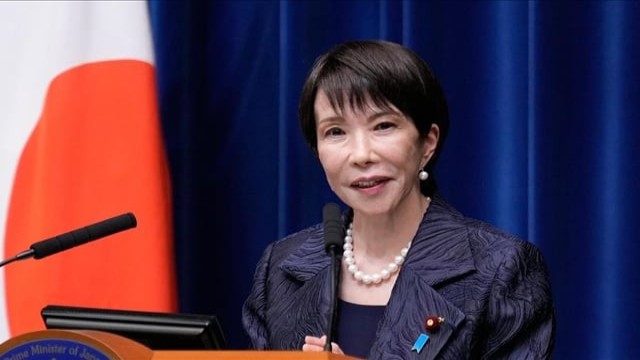
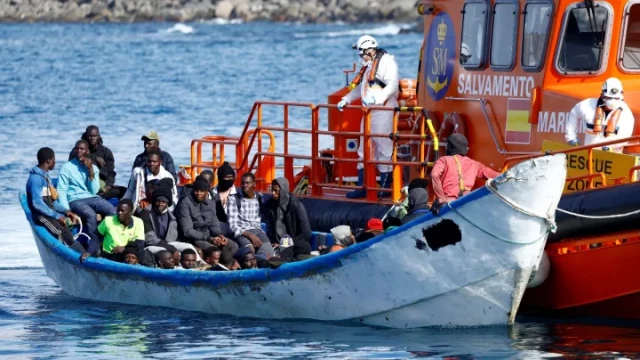
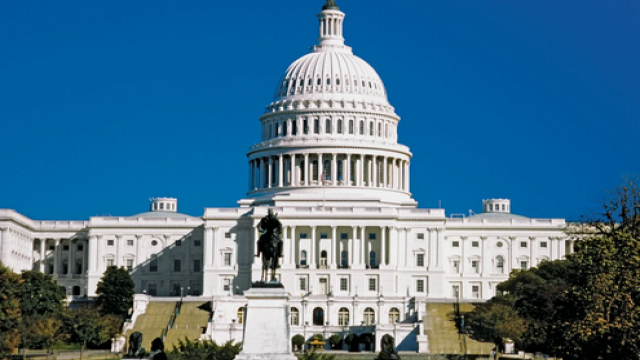
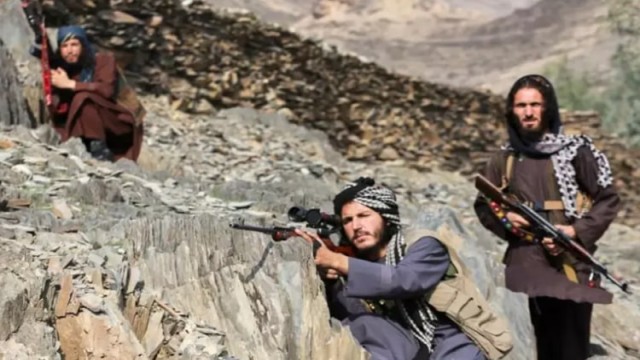

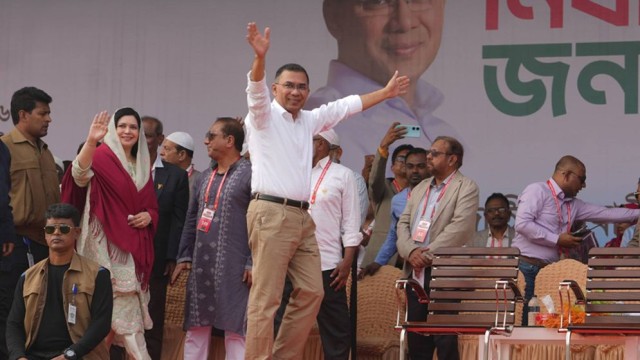
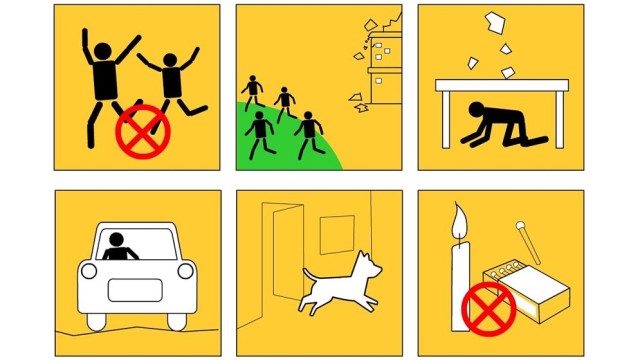
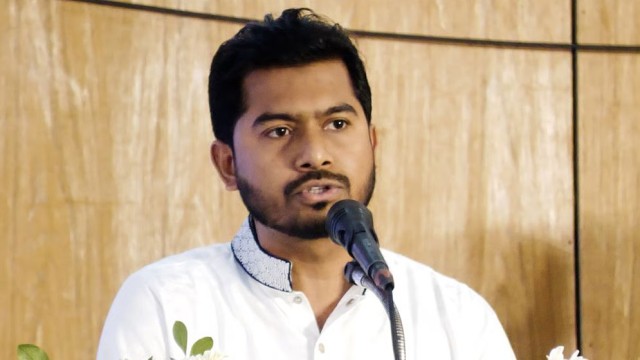
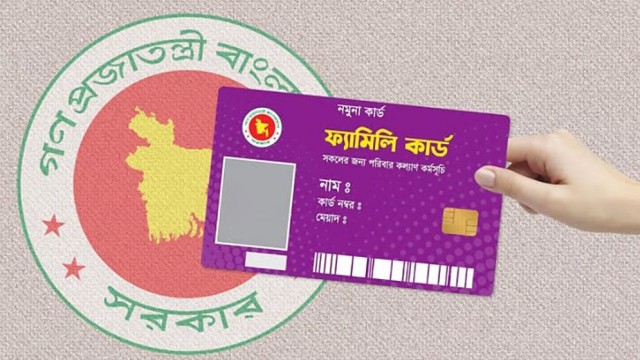
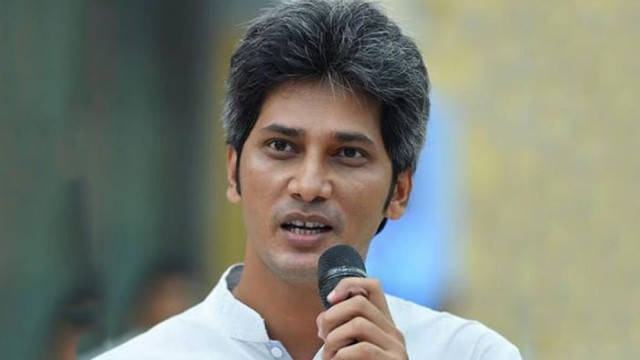
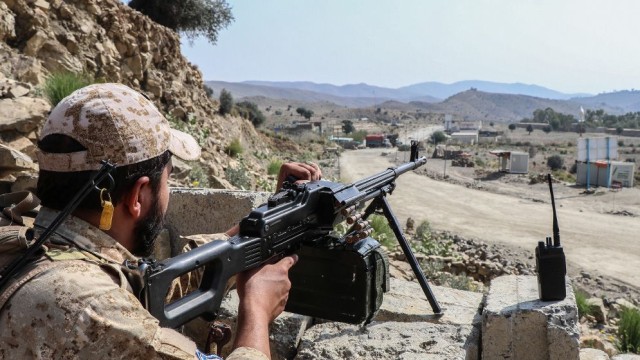







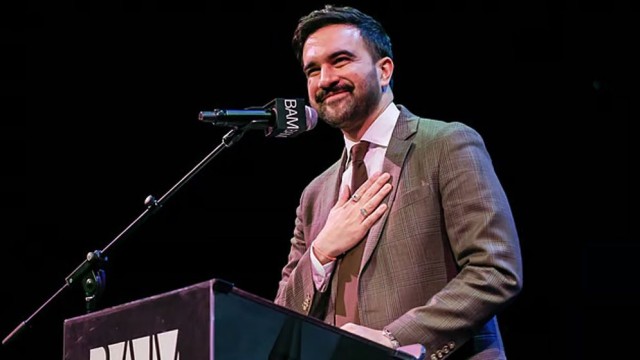

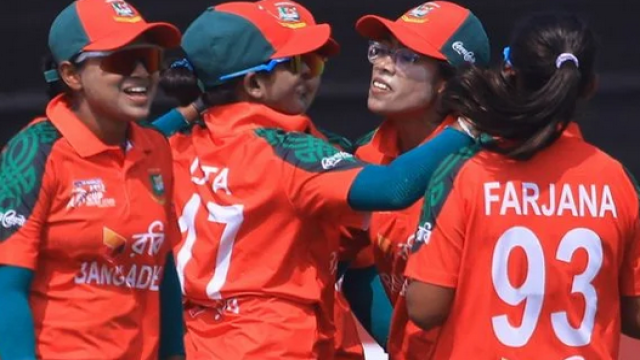



Comment: